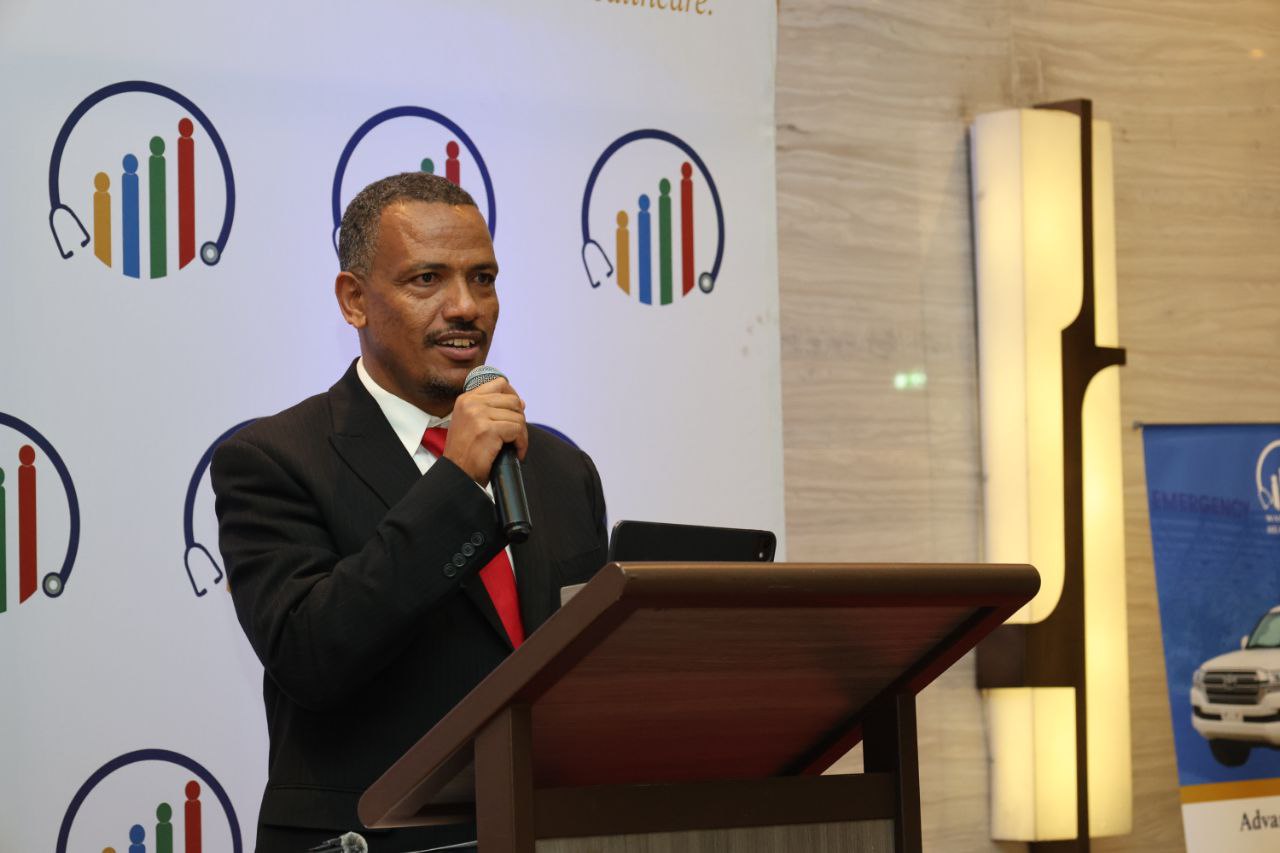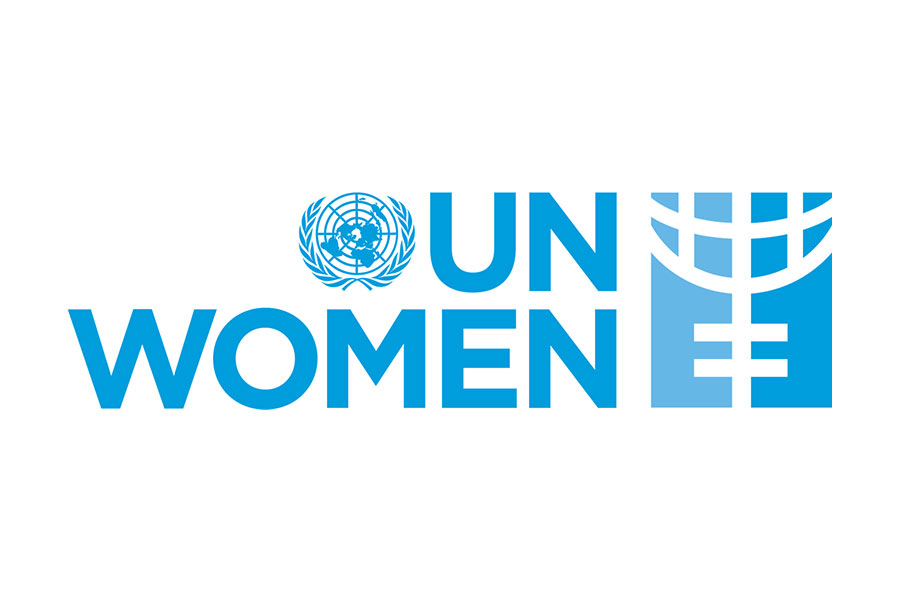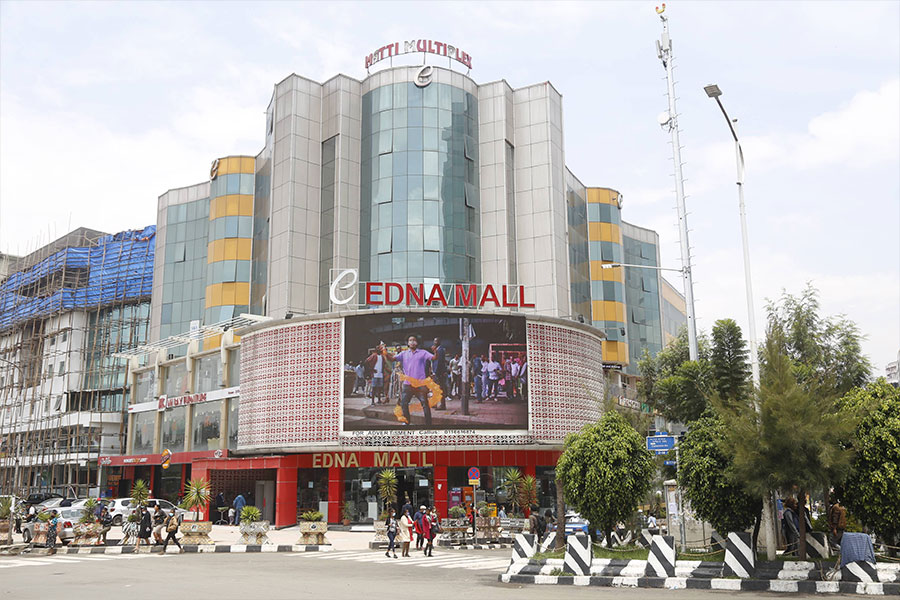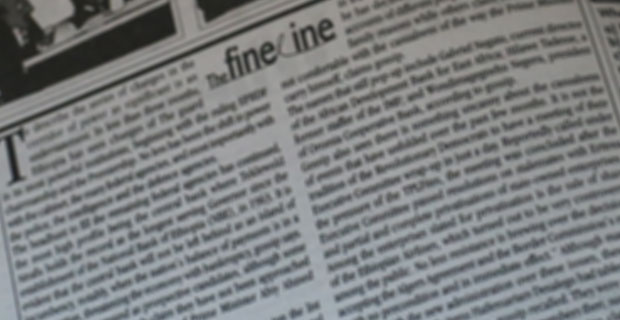
View From Arada | Oct 16,2021
Plastic waste can be recycled into construction materials when a manufacturer starts production in Adama Industrial Park. A US-based plastic manufacturer has leased a shed in the park, planning to recycle 10,000tn of plastic waste annually.
Cubic Ethiopia Plastic Manufacturing Plc began talks three months ago with executives of the Industrial Parks Development Corporation (IPDC), under the management of Sandokan Debebe, chief executive officer (CEO) since 2020. Sandokan, previously a liaison officer at the Ministry of Science & Technology, signed a memorandum of understanding for the lease of a 5,500sqm shed in Adama Industrial Park, 100Km southeast of Addis Abeba.
The park rests on 120hct of land and houses 19 sheds with sizes between 3,500sqm and 11,000sqm. It is the third-largest, after Hawassa and Bole Lemi parks.
Cubic Ethiopia will be the latest entrant. It was incorporated last year with Kidus Fesseha and Penba Marre, a Senegalese businesswoman, as co-founders. Marre has experience as a production manager in a similar plastic recycling firm. Kidus is one of five children of Fesseha Asfaw (Col.), a retired medical doctor in the army. His brother, Kagnew, works for the Ethiopian Airlines Group in a senior position. Kidus, a father of two, has previously served as head of innovation at the UNICEF for six years.
The founders have raised five million dollars in equity from nearly two dozen international investors. Their project requires 4.5tn of plastic waste each day to manufacture interlocking bricks and plastic door and window frames. According to project documents, its annual output can be sufficient to supply construction materials for 5,000 villas. The company plans to work with as many as 10,000 garbage collectors to source the raw materials, said Kidus.
The Co-founder says the recycling plant will employ 300 people when it begins operation at full capacity.
“The project is expected to resume operations within the next six months,” Sandokan told Fortune.
Addis Abeba generates a daily average of 3,000tn waste, with plastic waste such as water and soda bottles composed of polyethylene terephthalate (PET), accounting for 15pc. It is almost 10 times the volume required by Cubic Ethiopia.
Cheaper and lighter than conventional building materials, the interlocking bricks made from plastics require no cement. A study conducted by Conscious Designs, an architectural firm based in the Netherlands, found that using plastic interlocking bricks can reduce costs by nearly two-thirds.
Bricks made from plastic are twice as sturdy as concrete, according to Imam Muhammad, chair of housing at the Ethiopian Institute of Architecture, Building Construction & City Development. The Institute has been broaching the idea of low-cost construction materials in recent years. The manufacturing process involves mixing the plastic with sand and heating it at a very high temperature before compressing the product into bricks.
Similar ventures have proved successful in other African countries.
Incorporated in 2010, Conceptos Plasticos, a Colombian company, has been manufacturing bricks using plastic waste in the Ivory Coast since 2019. Its products are used as input for constructing 500 classrooms in the West African country under a project funded by UNICEF.
Imam believes the innovative product could provide relief to domestic contractors grappling with surging prices in construction materials. Retail cement prices, a crucial input, have more than doubled in recent years, surpassing the 700 Br a quintal.
Officials at the Ministry of Urban Construction & Infrastructure also have their eye on a new approach to reduce reliance on cement – interlocking and compress-stabilised blocks that can slot together easily without mortar.
Gedlu Mulugeta, a contractor experimenting with the new technology for the past four years, owns the invention. A year ago, he received a patent for his interlocking blocks from the Ethiopian Intellectual Property Office. Three researchers from Bahir Dar University have also created compress-stabilised blocks made from dry, inorganic subsoil, non-expansive clay, aggregates and Portland cement.
The Ethiopian Standards Agency is preparing standards for the novel construction materials based on recommendations from the Ministry.
Sandokan disclosed the Corporation is in negotiations with managers of the Chinese Export–Import Bank to secure funding for the second phase of construction at Adama Industrial Park.
PUBLISHED ON
May 21,2022 [ VOL
23 , NO
1151]

View From Arada | Oct 16,2021

Fortune News | Sep 13,2025

Radar | Dec 19,2021

Radar | Sep 18,2022

Radar | Dec 19,2021

Radar | Jan 04,2020

Radar | Jun 04,2022

Sponsored Contents | Oct 25,2021

Fortune News | Jul 11,2021

Fineline | Dec 10,2018

Dec 22 , 2024 . By TIZITA SHEWAFERAW
Charged with transforming colossal state-owned enterprises into modern and competitiv...

Aug 18 , 2024 . By AKSAH ITALO
Although predictable Yonas Zerihun's job in the ride-hailing service is not immune to...

Jul 28 , 2024 . By TIZITA SHEWAFERAW
Unhabitual, perhaps too many, Samuel Gebreyohannes, 38, used to occasionally enjoy a couple of beers at breakfast. However, he recently swit...

Jul 13 , 2024 . By AKSAH ITALO
Investors who rely on tractors, trucks, and field vehicles for commuting, transporting commodities, and f...

Sep 13 , 2025
At its launch in Nairobi two years ago, the Africa Climate Summit was billed as the f...

Sep 6 , 2025
The dawn of a new year is more than a simple turning of the calendar. It is a moment...

Aug 30 , 2025
For Germans, Otto von Bismarck is first remembered as the architect of a unified nati...

Aug 23 , 2025
Banks have a new obsession. After decades chasing deposits and, more recently, digita...